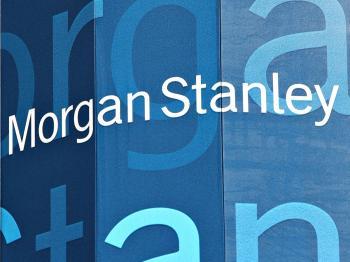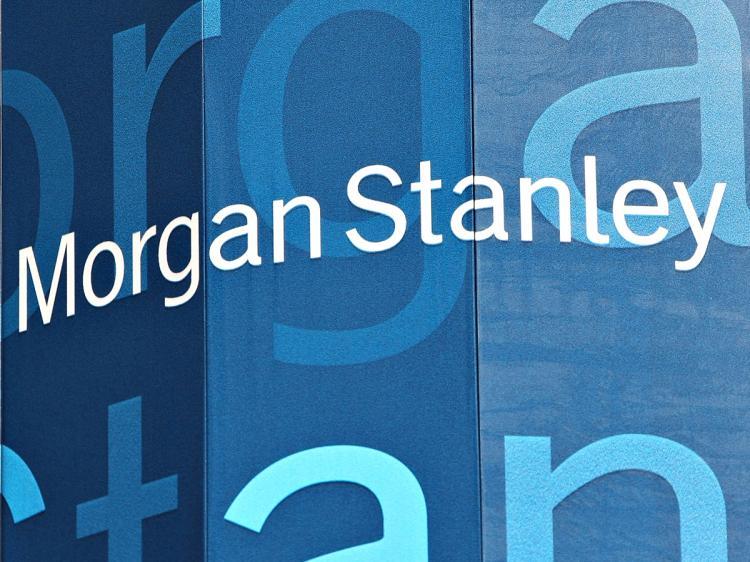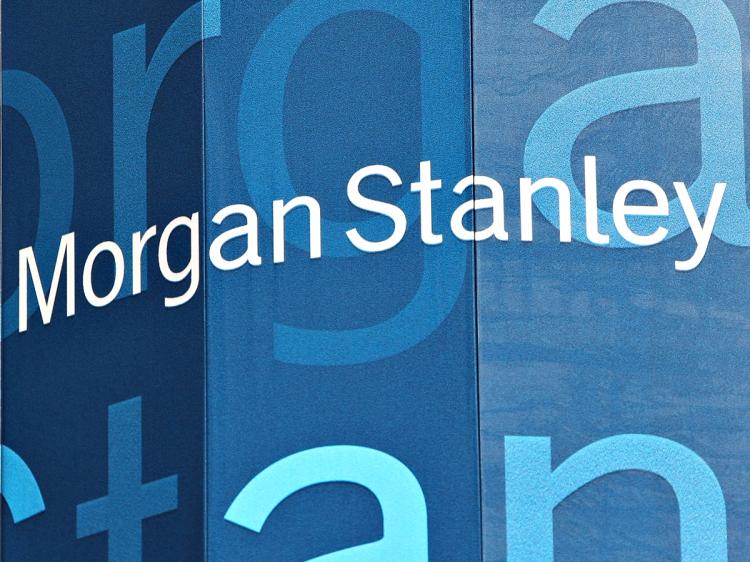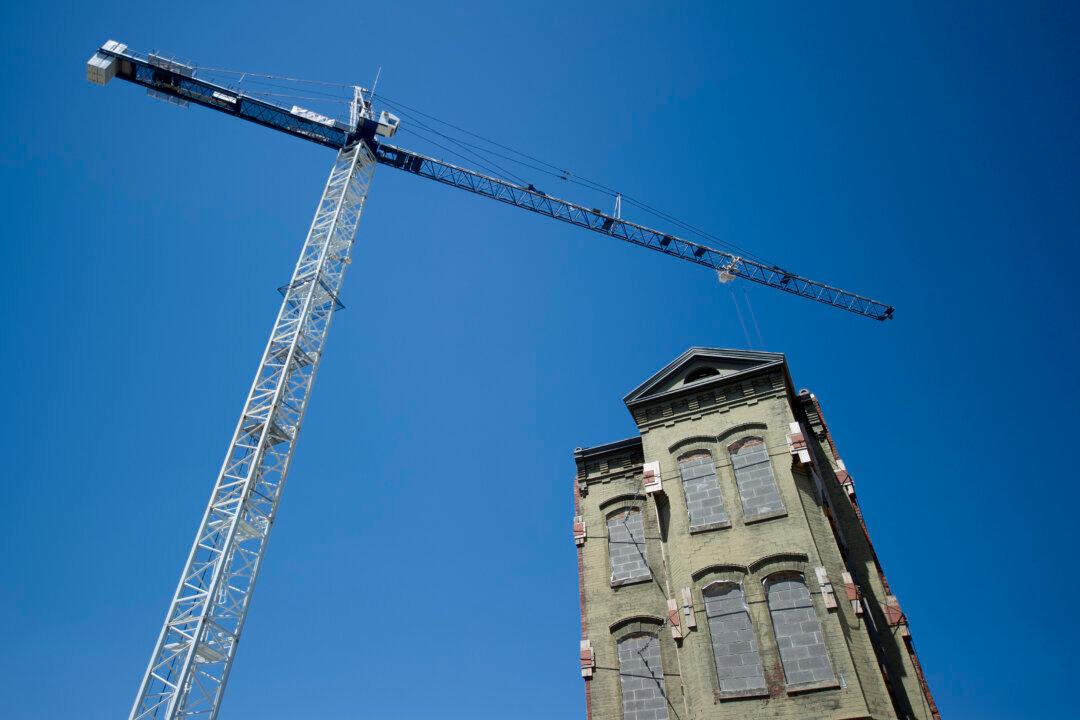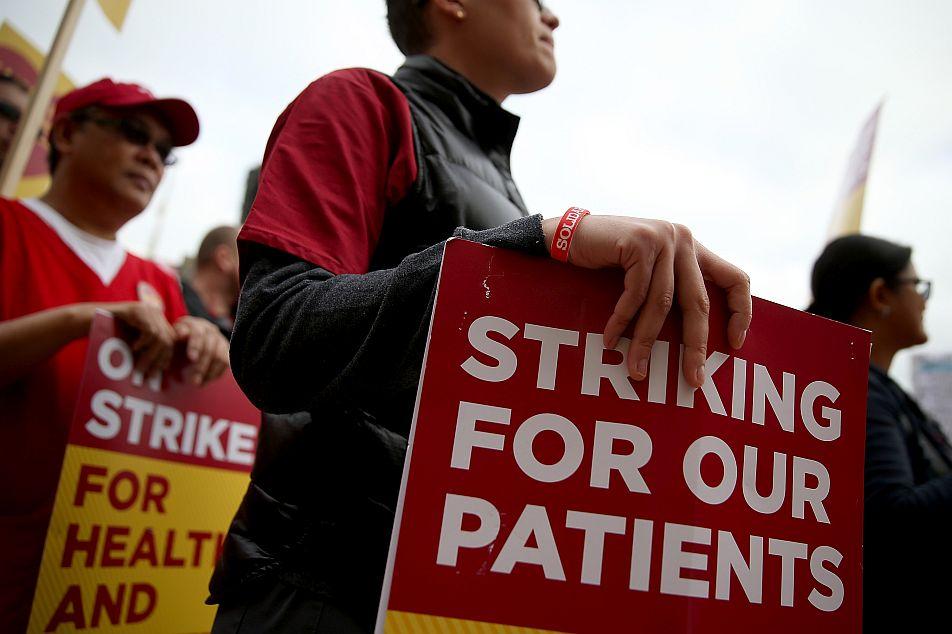The latest data show that banks are still somewhat reluctant to lend, while others have hurried to pay back their government obligations to escape federal government scrutiny, especially over executive compensation.
Although far below the lending levels in June of 2008, recipients of government funds under the federal Troubled Asset Relief Program (TARP) and Capital Purchase Program (CPP) increased by 13 percent in June, driven by an increase in home purchases and renewals of revolving commercial and industrial loans, according to a survey conducted by the U.S. Department of Treasury.
Banks claim that the still thawing credit market is due to lower demand from companies and consumers, and not an unwillingness to lend money by the banks.
“Businesses continue to focus on strengthening their balance sheets, reserving for future losses, and downsizing,” the Fed disclosed in a mid-August press release.
Experts Weighing In
“We have probably turned a corner in the credit securities crisis that last fall forced big financial institutions into collapse, nationalization, or extreme survival tactics,” a recent McKinsey Quarterly research report said.
Experts from McKinsey & Co. predict continued high levels of default by borrowers over the next several months. In the first quarter of 2009 alone, banks had to take $38 billion in reserves against loan defaults, $16 billion more than during the same period in 2008.
By the end of 2010, credit defaults on residential and commercial mortgages, as well as credit card losses and other debt in the United States, will range between $2.5 trillion and $3 trillion, according to McKinsey, of which $1 trillion in defaults have already materialized.
McKinsey cast a bleak picture of the credit markets, as they don’t see current market forces returning to normalcy any time soon. The banking and securities industry “is now dependent on government support of all kinds, ranging from low-cost funding (courtesy of the Federal Reserve) to debt guarantees, asset guarantees, and capital injections.”
Some analysts suggest that instead of bailing out banks that have grown too large, market forces should come into play and let the banks fail.
“Let firms fail. Failure is a good thing if the costs of excessive risk taking or lax governance or even bad luck are internalized among a firm’s shareholders and debt holders. That’s actually what we want failure to do. That’s how the market is supposed to operate,” suggests a recent report by Knowledge @ Wharton (KW), the University of Pennsylvania’s research publishing arm.
TARP Funds Roulette
The Fed requires all banks to hold a certain amount of money on hand for possible withdrawals and other capital needs. During times of growth, banks typically only keep the bare minimum in their vaults, choosing to invest or lend out most of their money.
That practice has gone by the wayside after the recent financial market collapse.
“Banks use the Fed as a parking place for their cash, holding far more than the reserve requirements. It’s about $800 billion in total vs. under $60 billion required,” the RiskCenter said in an article this month. Instead of taking the risk to lend money (and create more revenue), banks have become risk-averse and are hoarding their cash.
The RiskCenter is a research organization that serves the financial risk management industry.
The article points out that since the Fed is doling out interest—though at a meager rate of 25 basis points (0.25 percent)—when banks deposit their extra cash, the Fed has become a risk-free sanctuary for bank assets.
It’s a win-win situation when banks pay only between 10 to 12 basis points in interest to their depositors, while making the spread on depositors’ money.
The Pay Back Rush
Experts believe that banks are rushing to pay back TARP funds to escape federal government scrutiny, lending practices oversight, political interference, and especially restrictions on bonuses and executive pay.
“The only implication of these repayments was that top executives were no longer restricted from paying themselves ridiculous compensations once again,” The RiskCenter commented.
Morgan Stanley announced on Aug. 6 that it would pay the government an additional $950 million to repurchase its warrants under the TARP program. So far, the firm has paid the Treasury $11.3 billion, including the $10 billion TARP money repaid in June, and additional interest payments.
Besides the purchase of stocks, the government also holds warrants in many banks. Warrants allow the government to buy shares over a 10-year period at a fixed price called the “strike price.” If the strike price is above the stock price, the government will lose money, or be “out of money” and if it is below the stock price, it will gain or be “in the money.”
In a vote of confidence in the financial sector, the U.S. Treasury allowed 42 banks to repurchase their preferred stock and escape federal scrutiny. Of these banks, 21 also repurchased their warrants, according to an August report from the CPP.
The total amount paid out by the Treasury was $204.4 billion, with $70.2 billion repaid.
Citigroup Inc. and JPMorgan Chase & Co. repurchased all of their preferred stock from the U.S. Treasury, which amounted to $25 billion each. Neither repurchased its warrants, according to the CPP.
Bank of America Corp. and Wells Fargo have not been given the go-ahead to return their preferred stock.
“Because Goldman Sachs advises companies with their growth plans and raises capital to support that growth, the best and most sustainable operating environment for us is one where consumer and business confidence and economic growth flourish. We are committed to allocating capital and providing liquidity to our clients to help stimulate growth and job creation,” said Goldman Sachs CEO Lloyd C. Blankfein last month in a statement.
The American Express Co. was among the first to repurchase its government-held preferred stock in the amount of $3.4 billion. The credit card lending company paid $74.4 million in dividends to the Treasury.
“U.S. Treasury earned an annualized 26 percent return on its investment…The repurchase price of the warrants reflects, in part, the appreciation of American Express’ share price since the preferred shares were issued in January of this year,” American Express announced in a July press release.
As of July 31, U.S. taxpayers earned a total of $7.2 billion in dividends from banks and $208 million from corporations including Chrysler Group LLC and General Motors Company.
